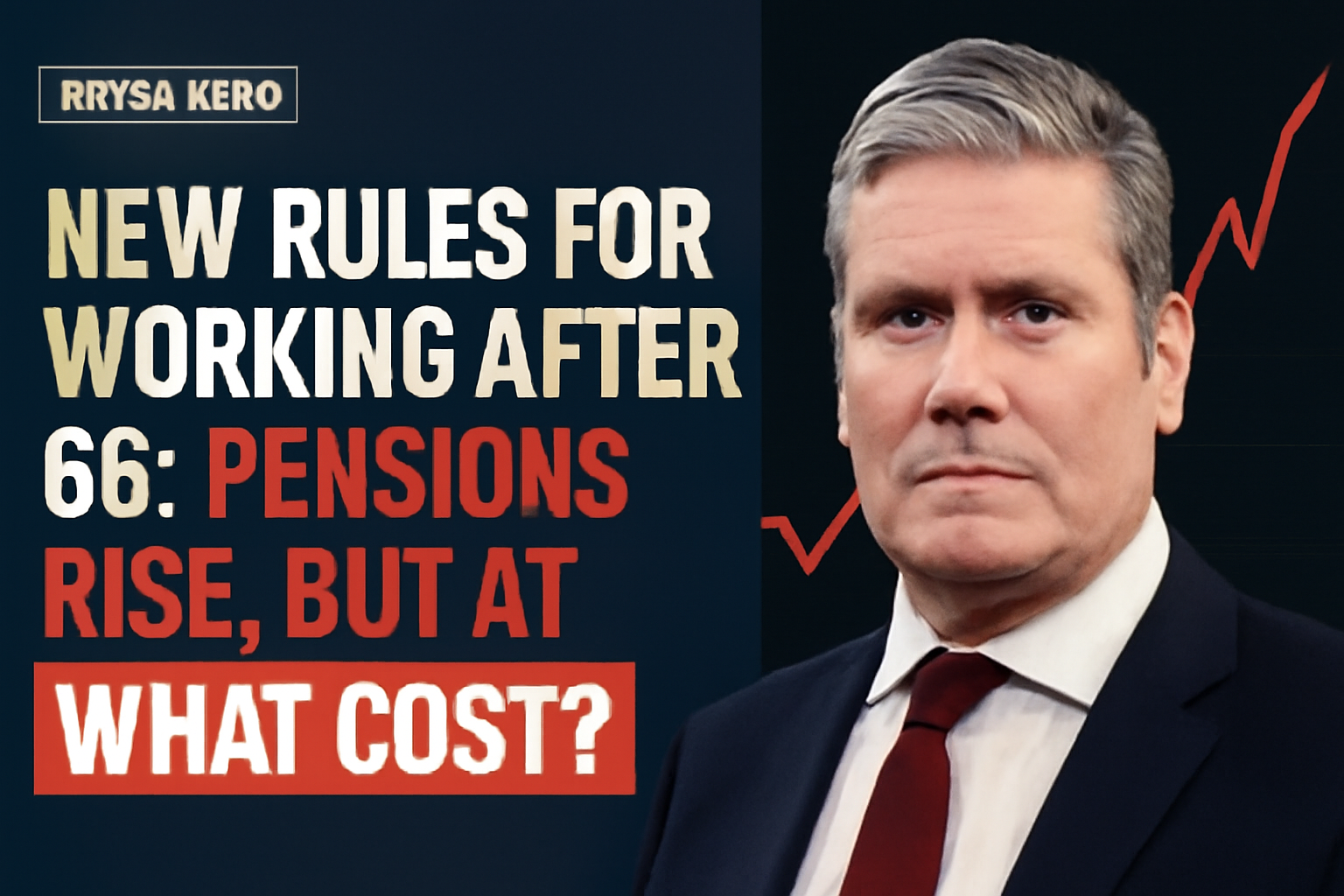Imagine this: you work until 72 years old, and your pension jumps by a whopping 37.8%! Yes, you read that right. Croatia has decided that older workers don’t have to retire at 65 but can continue working and receiving a pension — and not just any pension, but one with a significant boost. But is this a blessing or a trap?
Working Until 72? Yes, But…
New amendments to the pension insurance law allow workers to continue working beyond 65 years without the previous five-year limit on extended work. Now, if you choose to work until 68 or even 72, your pension can be up to 37.8% higher compared to retiring at 65.
Half Pension and Full-Time Work – How Does It Work?
Previously, it was only possible to work part-time and receive a full pension. Now, full-time work is allowed while receiving half the pension. The Croatian Pension Insurance Institute expects that by 2025, about 8% of pensioners will take advantage of this option.
Bonuses Without Limits – But Who Can Endure?
Previously, the maximum pension increase was 27%, but now there are no limits. Anyone who continues working after 65 can count on a pension increase regardless of their length of service. For example, if you have 30 years of service and work three more years, you will get a 16.2% higher pension.
Is This Really Good News?
On one hand, pension increases and the option to work longer can be good for those who want and can work longer. But what about those who don’t have that luck? Is this just a way for the state to avoid paying higher pensions? Will older workers be pressured to work longer because they have no choice?
Criticism and Risks
Opposition and pensioner representatives warn that pensions should be based on full-time contributions, and it makes no sense to deny half the pension to those working full-time. There is also concern that increasing the retirement age will increase pressure on the labor market and reduce opportunities for younger generations.
What Do the Numbers Say?
The government estimates these changes will increase the average pension by about 40 euros, with a goal to reach an average pension of around 600 euros by 2030.
Conclusion
Croatia has taken a big step in pension reform, but the question remains whether it’s the right step or just a temporary fix that will bring new problems. Working until 72 sounds like a nightmare for many, and a 40-euro pension increase might not be enough to compensate for the extra years of work and potential decline in quality of life.
What about you? Would you work until 72 for a 37% bigger pension? Or is this just another trick to make the elderly work themselves to the bone? Drop a comment, let’s see who’s for and who’s against this pension revolution!









